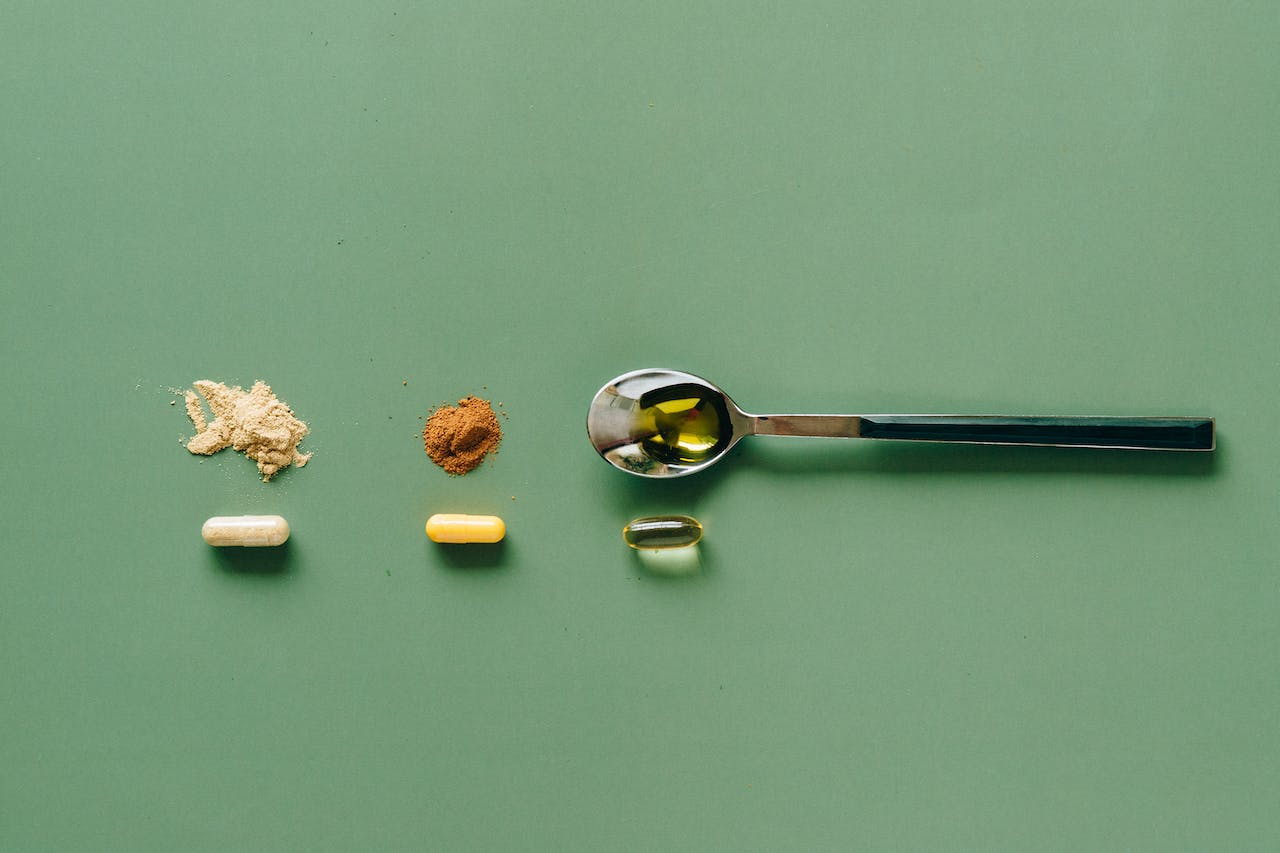Kidney disease is a serious health condition that affects millions of people worldwide. As individuals grapple with the challenges of managing kidney disease, a question frequently arises: Can kidney disease go into remission? In this comprehensive article, we will delve into the various aspects of kidney disease, exploring the possibility of remission, the factors influencing it, and practical steps one can take to promote kidney health.
Understanding Kidney Disease
Before exploring the concept of remission, it is crucial to understand what kidney disease entails. The kidneys, vital organs in the human body, play a pivotal role in filtering waste and excess fluids from the blood, maintaining a balance of electrolytes, and producing hormones that regulate blood pressure. When the kidneys are impaired, these functions are compromised, leading to kidney disease.Types of Kidney Disease
Kidney disease is a broad term encompassing various conditions, including:- Chronic Kidney Disease (CKD): This is a progressive condition marked by the gradual loss of kidney function over time. CKD is often categorized into stages, with the later stages indicating more severe impairment.
- Acute Kidney Injury (AKI): Unlike CKD, AKI is a sudden and temporary decline in kidney function. It can be caused by factors such as dehydration, infection, or medication.
Can Kidney Disease Go Into Remission?
Factors Influencing Remission
Remission in kidney disease is a complex and multifaceted concept. Several factors contribute to the possibility of kidney disease going into remission:- Underlying Cause: The cause of kidney disease plays a crucial role. If the underlying cause is treatable and successfully managed, it may increase the chances of remission.
- Stage of Kidney Disease: The stage at which kidney disease is diagnosed is a significant determinant. Early detection and intervention can slow the progression and increase the likelihood of remission.
- Treatment Compliance: Adherence to prescribed treatments, medications, and lifestyle changes is vital. Patients who actively participate in their treatment plans may experience better outcomes.
Medical Interventions for Remission
- Medications: Depending on the cause of kidney disease, certain medications can help manage symptoms and slow down the progression, potentially leading to remission.
- Dialysis: In advanced stages, when kidney function is severely impaired, dialysis may be recommended. While not a cure, dialysis can alleviate symptoms and improve quality of life.
Lifestyle Modifications for Kidney Health
Diet and Nutrition
- Low-Sodium Diet: Limiting sodium intake is essential in managing kidney disease, as it helps control blood pressure and fluid balance.
- Balanced Protein Intake: Moderating protein consumption can reduce the burden on the kidneys. High-quality protein sources like fish, poultry, and eggs are recommended.
Hydration
- Adequate Fluid Intake: Staying well-hydrated is crucial, but the amount of fluid intake may need to be adjusted based on individual health and kidney function.
Exercise
- Regular Physical Activity: Engaging in regular exercise can help control weight, lower blood pressure, and improve overall cardiovascular health, which indirectly benefits the kidneys.
Practical Steps for Patients
Regular Monitoring
- Routine Check-ups: Regular visits to healthcare providers for monitoring kidney function and overall health are essential, especially for those with a history of kidney disease.
- Blood Pressure Management: Controlling blood pressure is crucial, as hypertension is a common contributor to kidney disease progression.
Patient Education
- Understanding Medications: Patients should have a clear understanding of prescribed medications, including their purpose, potential side effects, and the importance of adherence.
- Lifestyle Education: Empowering patients with knowledge about dietary restrictions, fluid management, and the significance of a healthy lifestyle fosters active participation in their well-being.
Conclusion
In conclusion, while complete remission of kidney disease may not always be achievable, there are proactive steps individuals can take to manage the condition effectively and potentially slow down its progression. Medical interventions, lifestyle modifications, and a collaborative approach between healthcare providers and patients are integral to promoting kidney health. With early detection, appropriate interventions, and a commitment to a healthy lifestyle, individuals can navigate the complexities of kidney disease with resilience and hope.Are you tired of living under the shadow of kidney disease? Are you yearning for a life free from the shackles of dialysis, kidney failure, and the looming threat of kidney transplants? If so, you're in the right place at the right time. Imagine waking up every morning with boundless energy, feeling rejuvenated and ready to take on the day. Envision a life where your kidneys are functioning optimally, and you no longer dread the burdensome routines of dialysis sessions. The Kidney Disease Solution Program is here to turn that vision into reality for you.


